Interesting Notes from Class:
This week is all about weeding books out of a library’s collection, a challenging task as patrons worry that libraries are throwing books away and wasting money, but a task that has great value for the success of a library.
“Weeding has been shown time and again to be one of the best ways to stimulate circulation, especially in public libraries, as overcrowded shelves discourage browsing by users.” — Vicki L. Gregory, Collection Development and Management for 21st Century Library Collections, p. 120
Everyone who works at a the library can and should help with weeding the collection. Even the shelver, who has no library degree, can pull books that look gross or have obvious damage and give them to a librarian for inspection. — Gregory, p. 123
“Approximately 50 percent of the circulation of a title occurs in the first five years after publication and acquisition.” — Hali R. Keeler, Working with Library Collections, p. 73
The website Awful Library Books accepts submissions of books that should have been weeded but were still on the shelves to emphasize the importance of getting rid of books. Some are so awful there are actually categories entitled “Satan for Kids” and “Crafts for (the) retarded?” I kid you not.
This Week’s Blog Posts:
Sarah @ Hamlets & Hyperspace and I realized something this week: WordPress no longer notifies you if someone tags one of your posts. On Tuesday I shared some love to other bloggers in a post entitled Time to Ponder Books: reasons I love book blogging that actually have nothing to do with reading. Until late Saturday night, it received almost no attention. Perhaps the title was too “meh,” I wondered. Maybe you all thought I was too saccharine. No. It turns out WordPress didn’t alert any of you to the fact that I tagged (so many) of you.
On Thursday I inspected that original Flannery O’Connor novella, the classic starring Hazel Motes: Wise Blood. As I post more about audiobooks, I’m noticing you’re giving me feedback about the ways in which my attention to audio delivery is making you more (or less) interested in audio works. Cool!
Next Week’s Blog Posts:
For some reason, it always slips my mind to think about which holidays or celebrations occur in a month and to shape my reading around that. February is Black History Month in the States, and while I didn’t forget, I did fail to plan some reading around the celebrations. In a better-late-than-never effort, I’m sharing reviews of To Be Young, Gifted and Black by Lorraine Hansberry on Tuesday and Hitting a Straight Lick with a Crooked Stick by Zora Neale Hurston on Thursday.
Book I’m Reading Aloud to My Spouse:
I asked the spouse what stood out to him this week about the book I’m reading to him, Tibetan Peach Pie by Tom Robbins. Two things he noted: he’s really enjoyed the structure of this odd work of nonfiction. Robbins isn’t working through his life chronologically (autobiography), nor is he expounding on one facet of his life (memoir). Instead, Robbins writes short chapters with a theme — snakes, the circus, church — and gives several brief anecdotes from different points in his life that fit into the theme. The result is a nonfiction work that is perfect for us, as we don’t read for long stretches each day (usually about 30 minutes).
The other thing the spouse noted is that he’s never read any fiction by the famous Tom Robbins, and it doesn’t seem to matter. Now aged 87, Robbins’s life is so full that he’s an interesting person in general.

Reading Side Projects:
I did a bit of audiobook juggling this week. I tried listening to The Turner House by Angela Flournoy, but the cast is huge and the setting jumps in time. Sending the file back to the ether to be checked out by someone else, I went on the hunt for a new story for my commute. I discovered something I’ve been craving: a full cast production! I love radio plays and wish audiobooks were closer to them, but I understand how cost-prohibitive hiring a full cast and doing all the editing can be. But that didn’t stop the good folks producing The Graveyard Book by Neil Gaiman. Each character is a different voice, and the man who reads the narrator’s parts has a voice like the narrator from Winnie the Pooh. *sigh of contentment*

Books Added to the TBR Pile:




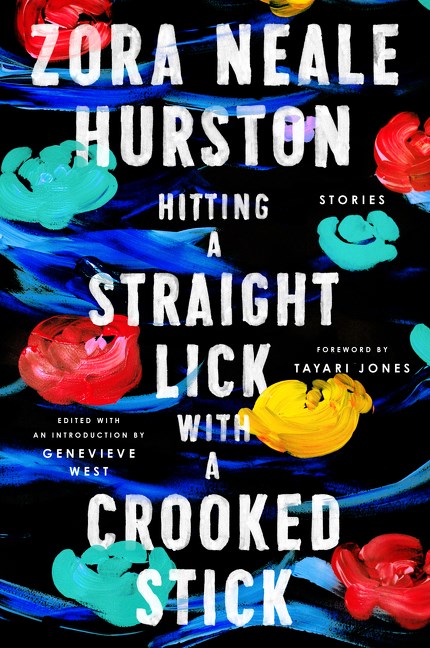
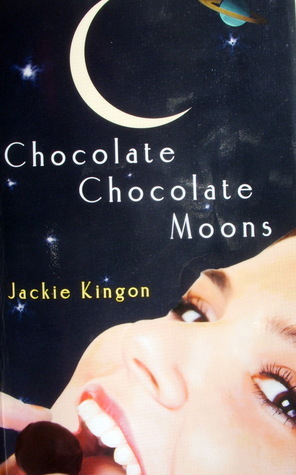
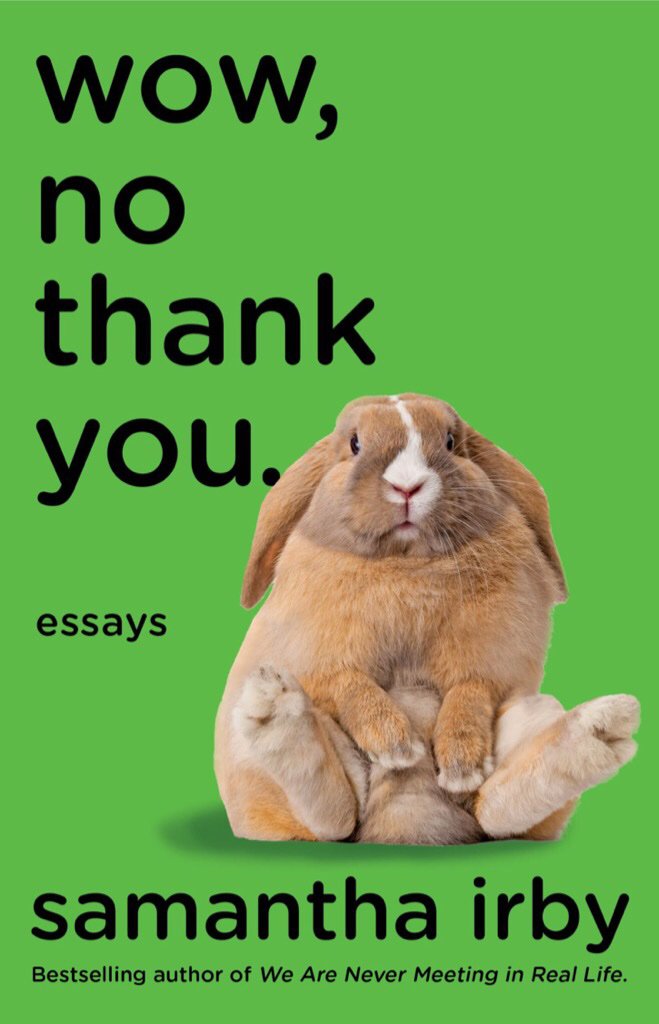
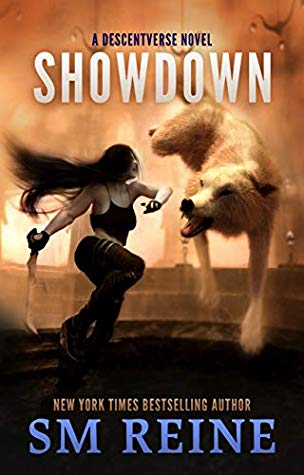

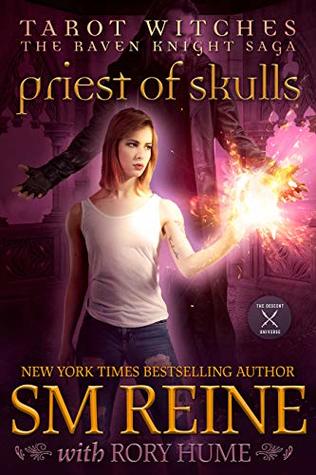


I’m afraid I hate the idea of libraries weeding books, other I guess than those which have become dilapidated. It’s probably why I mostly get my books at second hand shops, where unloved books go to die. It must be my week to disagree with you, because I find full cast readings mostly unsuccessful when compared with one good reader.
LikeLike
I’m not sure a full cast production would work for many books, but Neil Gaiman writes in such a way that his books just beg to be read aloud, especially with different characters. He has this knack for bringing each individual to life in a way that not many authors can do.
The more I learn about weeding, the more I know why it’s important. Beyond a book that isn’t moving from the shelf at all, there are books that contain political thought at the moment, which is different than a book about the history of political thought. There are old books that postulate racist ideas, such as certain races having smaller brains, more aggressive, being hyper-sexualized, etc. Those books are straight up false, and they are not a history of thought on race. Thinking about the history of somethings vs. someone’s thoughts from that time period really helped me see why certain books should be weeded. It’s not censorship so much as the approach to the subject.
Also, academic libraries function differently from public libraries. A public library must have books that are relevant to the community it serves, not people in general. I hadn’t realized that (though it makes sense) until I read the collection development policy at my library and compared it to others. I’m not sure how it is in Australia, but in the U.S. people can check out an inter-library loan from another library in the country, so if my library doesn’t have a book I want, they borrow it from another library and then loan it to me. It’s the “right now” vs. “right on time” theory of library collections.
LikeLike
That’s a really good answer thank you. And yes I do use inter library loans for rare books, and I can always go in to the State library (and I have at times used my daughter’s university library membership).
LikeLiked by 1 person
That was me. Not sure how I became ‘anonymous ‘.
LikeLike
I figured it was you and maybe you’d bonked a button.
LikeLike
I’ve never thought about libraries weeding out books before – it makes a lot of sense! Was anything said about the quantity of certain books? I always go into my local library and see about 12 copies of Twilight on one shelf, and I wonder why they’ve kept so many of the same book.
Also, I did not realise that Nicole Byer had written a book! I’m a big fan of her podcasts, so I’m very interested to see how her personality translates to literature.
LikeLike
Byer’s book hasn’t been published yet, but I looked at some sample pages online. It’s mostly a collection of photos, so it’s not really essays like I thought at first. Still, I requested it from my library.
Weeding is important because public libraries are not designed to be a repository of books. There isn’t enough space, and the more books cram the shelves, the less they are checked out because no one can easily browse. I’m surprised there are 12 copies of Twilight, as that book is still an important touchstone of American culture, but it’s not highly requested anymore. It might be that you have a library staff that is afraid to weed. I know from the discussion board for my class that many of my classmates are either afraid to weed (because someone might judge them) or they don’t have the time. Several of these folks work in libraries that serve small communities, yet still must operate with something like four part-time staff (that includes the librarian and the director of the library).
LikeLike
Oh no! The Awful Library Books site is gonna lead me down the rabbit hole. I am always interested why books get weeded. I mean some of the out of date ones make sense. But I am sad when its a beloved book that is being taken out. And also I am fascinated by how quickly some new ones get weeded. Lovely post.
x The Captain
LikeLike
There are some basic questions librarians are supposed to ask themselves when they’re weeding (this is what I’m learning), and they use an acronym called MUSTIE:
M= Misleading–factually inaccurate
U= Ugly–worn beyond mending or rebinding
S= Superceded–by a new edition of by a much better book on the subject
T= Trivial–of no discernible literary or scientific merit
I= Irrelevant to the needs and interests of the library’s community
E= Elsewhere–the material is easily obtainable from another library
LikeLiked by 1 person
The Misleading category causes me some concern. How does the librarian know that is the case? We’ve had situations where questions have been raised about a book’s authenticity but nothing proven without doubt – so would that be a candidate for withdrawal? I envisage a scenario where I might want to make up my own mind.
LikeLike
Misleading would be something like a book about heart disease that is from 10 years ago, and in 10 years we’ve learned loads about cardiology, which means some of the previous info is (unintentionally) misleading. We even have a “For Dummies” book about WordPress from 2017. It doesn’t contain anything about using blocks, so the fact that the information isn’t up-to-date, it’s misleading.
LikeLike
That example helps. Thanks
LikeLiked by 1 person
Here we have a policy that one library keeps books by certain authors, done by alphabet, so there is still one copy available on inter library loan of every fiction book that isn’t irrelevant for the reasons you give above. That always seemed sensible to me.
The academic library I worked at let staff look through weeding spreadsheets and take books home which is how come I have a shelf of books on bibliography that I HAVE NOT LOOKED AT ONCE since I brought them home …
And I didn’t respond to your book blogging post because I’ve been in a terrible slough of anxiety and have had to skip most blog posts to start again today. I might have saved it but I’m just working through all the ones I felt I had to save. I find your thoughts on audio books interesting because that’s mostly what my husband reads these days.
LikeLike
Oh, Liz, I’m so sorry that anxiety got to you. I know that feeling, and how hard it can be to overcome. I hope you find your footing again very soon.
LikeLiked by 1 person
Thank you. I’ve usually been one for depression and PTSD which exhibits as catastrophising and worrying but didn’t tip into pure, heart-pounding, shaking, not able to eat anxiety until our previous cat fell ill last year, and it’ been back again. But I am slowly climbing out of it, and thank you for understanding.
LikeLiked by 1 person
I understand the importance of weeding, but I am sad at this new trend of weeding JUST to make the shelf 1/3 to 1/2 full. I liked going to the library and finding books I wanted already on the shelf. I can request books from other libraries, of course, but that doesn’t mean I want to do that every single time I want a book. I see plenty of people who walk out the door rather than put something on hold because they wanted the book then. They don’t want to return a week later for it.
So, yeah, I get weeding books for accuracy, relevancy, and condition. But why is my library weeding stuff just because they think eight books per shelf is the ideal state of things? It’s starting to look barren.
LikeLike
I remember you saying that your library seemed to think the shelves were too full when they were actually fairly empty. That’s not what we’re learning in the class. It’s more like “don’t be afraid if your shelves aren’t jam-packed because a side effect of weeding is a much higher circulating collection.”
LikeLike
The other day I was looking at nonfiction and I realized I was seeing straight through all the shelves because there were no longer books on them. I guess the staff did a great purge??
LikeLike
Why not ask them more about it? They should (have to be??) open about weeding. You could even ask to see their collection development policy.
LikeLike
I checked out your Reasons I love blogging post and it looks like a few more folks found it which makes me happy. Although I still didn’t get notified about this post. 🙄
I’ll look forward to Thursday’s review of the Zora Neale book- I saw the cover and was curious but hadn’t done more research than that!
LikeLike
Are you a hardcore Zora fan? I am! I’ve even been to Eatonville, Florida, where she was raised. It was like being on another planet. I ate key lime cake at a place called Gordon’s Be Back Fish House.
LikeLike
Looking forward to your thoughts on the Zora Neale Hurston! Also glad to hear you’re enjoying The Graveyard Book- I’ve been meaning to read more Gaiman and have been curious about that one.
LikeLike
The main audiobook narrator is just wonderful. He really does remind me of that gentle, whimsical yet peaceful narrator from Winnie the Pooh. It would be hard to imagine Gaiman’s book otherwise. Then again, he writes with a whimsy that is almost like a modern-day fairy tale, so maybe I would hear the book in my head just how the audiobook reader is narrating it. You get that feeling with some books.
LikeLiked by 1 person
I listened to The Graveyard Book on audio but Gaiman read the whole thing. It’s one of my favorite audiobooks.
Weeding is so necessary. There just isn’t enough space on the shelf for all the new things. I look at weeding as making room for new books! And it’s true, a packed shelf isn’t easy to browse.
LikeLike
If you liked The Graveyard Book and want to do a re-listen, I’d definitely recommend the full cast. It’s just wonderful. Silas, the book’s narrator, and Scarlett are my favorite readers so far.
LikeLiked by 1 person
I cannot wait to read Wow, No Thank you!!! I haven’t read any of Irby’s books before, but I distinctly remember you enjoying her work which is why I really want to read her latest. Also, that bunny is adorable!
LikeLike
I would recommend reading them in order (Meaty, We Are Never Meeting in Real Life, and then this new book) because her life stories build on each other. The first two are definitely worth the read.
LikeLiked by 1 person
Sigh but I’ll never get to it!!!! I just know I won’t. In other news, I’ve gotten some Sherlock Holmes from the library because I’m really embracing this ‘classics sometimes’ theme 🙂
LikeLiked by 1 person
Okay, but if life feels sad, get you some Meaty.
LikeLiked by 1 person
LOL LOL LOL
LikeLiked by 1 person
While I understand the need for weeding in libraries (and have come to understand it better as you discuss it here), it also makes me sad to think of the unloved and unchecked-out books. Every now and then I’ll check out an older book from the library that shows signs that I’m the first person to read it in a while and I’ll wonder how much longer it will sit on the shelves.
LikeLike
I wonder if people always picture classics. Imagine shelves full of James Patterson, Mary Higgins Clark, Stephanie Meyer, and E.L. James. Any book that has “a moment” tends to lose relevancy as time goes on because there are new hot books with moments. A lot of libraries have what is called a “core collection” — basically books that don’t get weeded. But the other question to ask is if there is a nearby library that has a large core collection of classics. If so, your library may not need those books thanks to inter-library loans.
LikeLiked by 1 person
You’re right, I am totally picturing Dickens and Tolstoy and Austen being weeded! Not the 15 copies of Twilight the library probably purchased in 2008. And of course things like cookbooks and parenting and other non-fiction carries ideas that do change a lot over time.
LikeLike
Anything medical or common social thought, like how to parent children, needs to be updated frequently for safety reasons. And cookbooks DO change, which is weird to think. A food trend, like the Atkin’s Diet, has little importance today for people who want to know how to use their instant pot or air fryer.
LikeLiked by 1 person
I was thinking of that time period when cooking with jello seemed so popular!
LikeLike
OMG, hot dogs in jello. *sigh*
LikeLiked by 1 person
I’ve found your blog through Laila @Big Reading Life. How interesting!
LikeLike
Hello! And welcome 🙂 I also have a Sunday Lowdown post and then share something (a review or discussion post) on Tuesdays and Thursdays.
LikeLiked by 1 person
I have a dramatised version of Neil Gaiman’s Neverwhere with an amazing cast incl. Benedict Cumberbatch and Christopher Lee. It is so much fun! Also, I have The Graveyard Book as normal audiobook, but I could imagine the full cast version is great as well!
LikeLike
Julian Rhind-Tutt is my favorite voice actor in Gaiman’s book, and I keep asking myself, “Where has this man been??” He is just the most charming, delightful thing to listen to. Okay, but charming and delightful I mean stern and kinda sexy but very trustworthy.
LikeLiked by 1 person